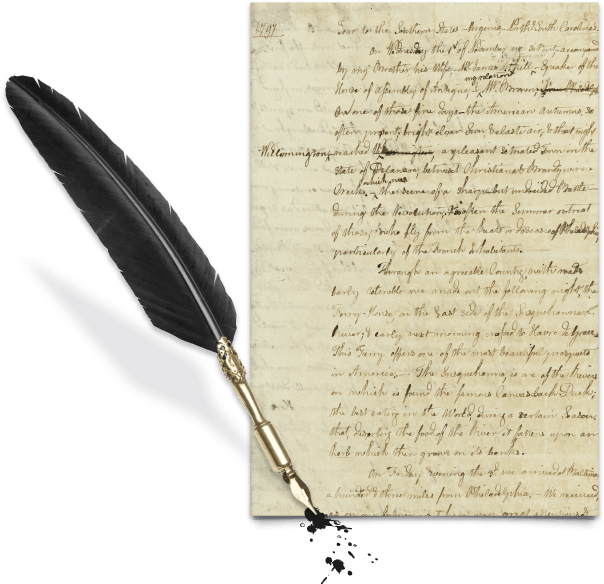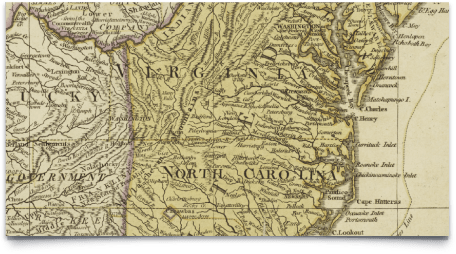
In the summer of 1820, the Foreign Secretary Lord Castlereagh allowed Robert Liston, who was then almost 79 years old, to resign his ambassadorial post and return to Britain. After almost eight years in Constantinople, including a period of leave in 1816, the Listons went home.
The first entry of this 1820 journal, dated 7 July, describes Henrietta and Robert's departure. Henrietta recounts the gift-giving and formal leaving-taking of Ottoman officials as well as her feelings on leaving 'the never to be forgotten beautiful Bophorus.'
From Constantinople the Listons voyaged to France via Genoa, where they were in quarantine for a month due to the risk of plague. The Listons then travelled through Switzerland and toured the south of France, finally returning to Scotland in early 1821.
After the Listons had left Turkey, Bartolomeo Pisani, the first dragoman (interpreter) at the British Embassy, wrote to Robert about the impact he and Henrietta had during their Constantinople residency:
'To assure your Excellency of the infinite regret and grief which your departure has given me would be nothing new or extraordinary; for, not only all the Inhabitants, but even the very pavements on both sides of the City have felt sorry at your & Lady Liston's leaving the Country. As to the Ministers of the Porte rarely a day passes, but they mention your Excellency's name with true admiration and friendship. It is a great triumph, as it must be a subject of peculiar gratification to your Excellency, to have left so high a respect & so deep regret behind you.' (National Library of Scotland reference: MS.5657, f.177).Read the journal
Related long reads
- Sara Sheridan's short story — 'The Encounter'
- Heather H Yeung’s essay with poetry — 'Under different skies'
